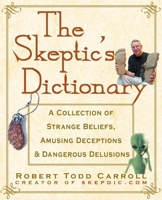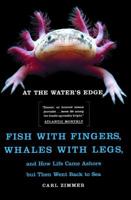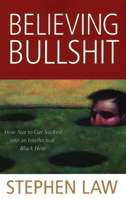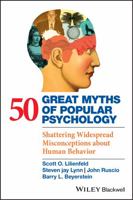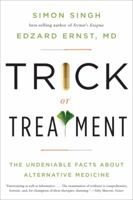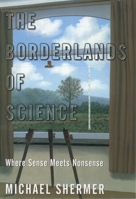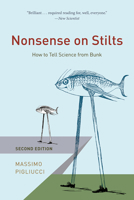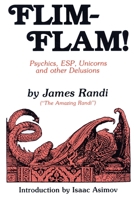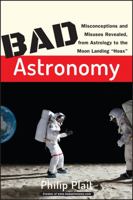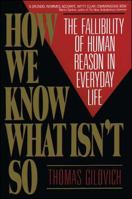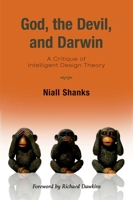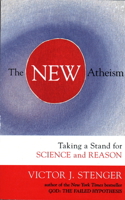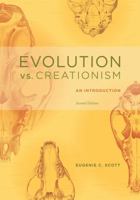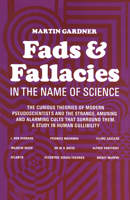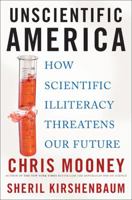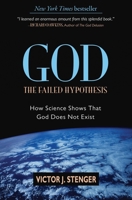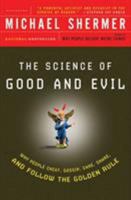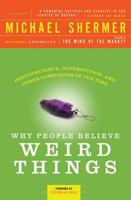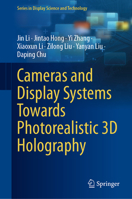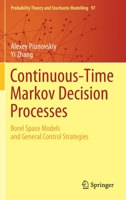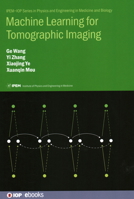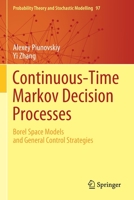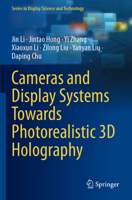Practical Fermentation : A Working Guide for Fermentation Kits
Fermented foods have for centuries been used as a healthy alternative. Learn how to make your own with this colorful guide.
The perfect book for beginners, busy people, or those who want to use fermentation kits to make their own probiotics at home.
Fermented foods are a tasty and nutritious alternative to the standardized food products that fill today's supermarkets. Traditionally prized for their medicinal and healthful properties, fermented food's natural process and rich flavor is found in food cultures around the world.
Practical Fermentation explains simply and clearly how to make your own versions of these delicious foods and experience their wonderful flavors in your own home.
The book come complete with sixteen full-color recipes
Start living a healthier life by adding new probiotic options to your daily foods.
Buy Practical Fermentation and start today
Format:Paperback
Language:English
ISBN:1733884416
ISBN13:9781733884419
Release Date:June 2019
Publisher:Mockingbird Bell LLC
Length:58 Pages
Weight:0.27 lbs.
Dimensions:0.1" x 6.0" x 9.0"
You Might Also Enjoy
Related Subjects
HistoryMore by Yi Zhang
Customer Reviews
0 customer rating | 0 review
There are currently no reviews. Be the first to review this work.












